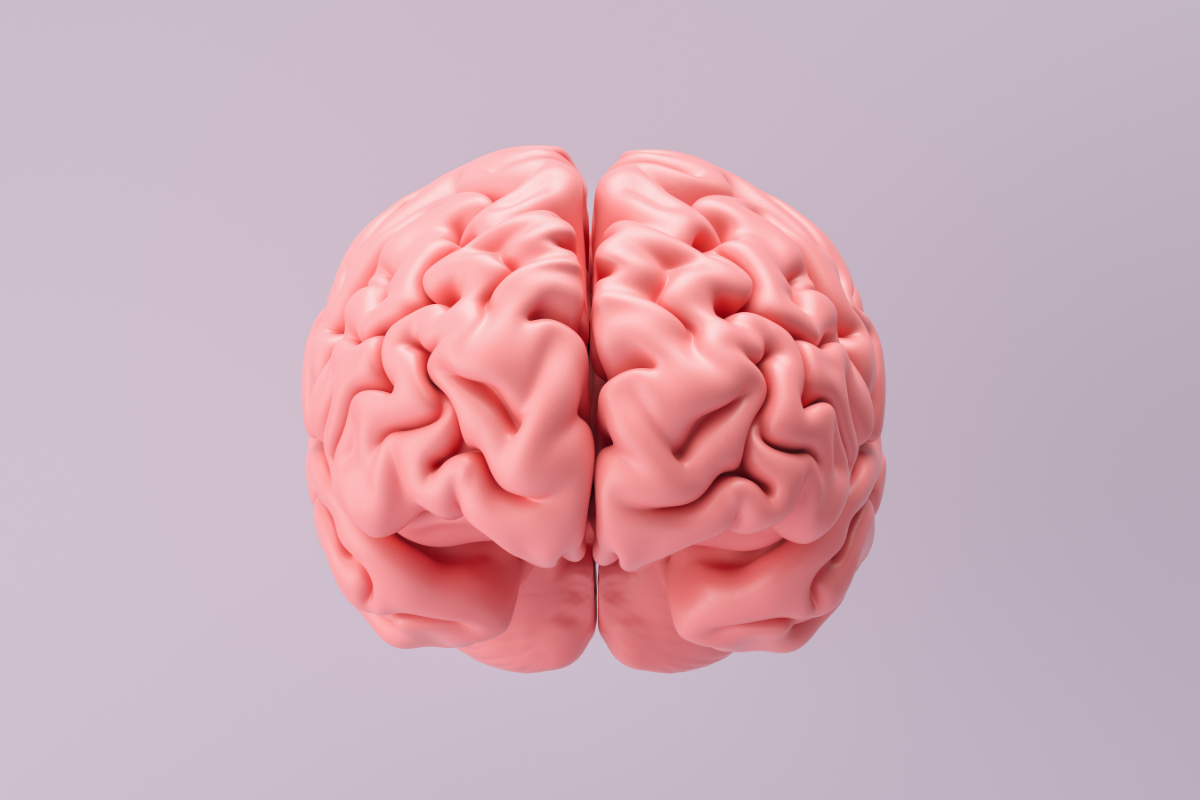- Anesthesiology
- Cardiology
- Dermatology
- Dialysis
- Endocrinology
- ENT
- Gastroenterology
- General medicine
- General surgery
- Gynaecology
- Infertility
- Intensive care
- Laparoscopic surgery
- Nephrology
- Neurology
- Obstetrics
- Oncology
- Orthopedics
- Pediatric
- Physiotherapy
- Plastic surgery
- Psychiatry
- Pulmonology
- Radiology
- Urology

The area of medicine known as neurology is dedicated to understanding and treating nervous system problems. The nervous system controls and synchronises bodily functions in a sophisticated and complex manner.
There are two main divisions:
Spinal cord and brain are parts of the central nervous system.
Eyes, ear, skin, as well as other "sensory receptors" are examples of peripheral nervous system components.
Why choose Altor Hospitals for Neurology?
The top neurosurgeons treat extremely difficult neurological problems in the neurology department of Altor Hospital. The centre is a specialised setting that offers the best comprehensive treatment for all severe neurological conditions affecting the brain and spine. Altor provides thorough prevention, diagnostic, and treatment options for a variety of neurological problems like stroke, epilepsy, brain aneurysms, and many other complicated conditions. Altor has the top neurosurgeons, neurologists, rehabilitation and neuropsychiatrists specialists.
Our services in Neurology
- Multiple sclerosis
- Epilepsy
- Alzheimer’s disease
- Brain cancer
- Cerebral stroke
- Parkinson’s disease
- Spine disorders
- Headache
- Meningitis
Our treatments in Neurology
- Deep brain stimulation
- Head and brain trauma surgery
- Paediatric neurosurgery
- AVM embolization
- Key hole cranial surgery
- Epilepsy surgery
- Spine cord stimulation
- Spine surgery
- Balloon angioplasty
- Radiation oncology
- Kyphoplasty and vertebroplasty
FAQs
How are neurological conditions handled?
Each illness requires a distinct course of treatment or symptomatic alleviation. Neurologists will conduct and interpret examinations of the brain or nervous system to determine therapy choices. Patients with neurological illnesses can preserve the highest quality of life through treatment.
What indicators point to a brain stroke?
Stroke symptoms include numbness or paralysis of the face, arm, or leg, as well as difficulties with walking, speaking, and understanding.
How long does a brain operation last?
It all relies on the kind of brain surgery performed. For instance, a craniotomy normally lasts four to six hours. Before starting the procedure, we can estimate the length of time needed so that the awaiting family is prepared.
How should a stroke sufferer be assessed?
It's crucial to assess a stroke patient within the first three hours by performing a brain CT scan or MRI. The clot-bursting treatment for occlusive strokes must be given within 3 to 4.5 hours after the commencement of the condition. Understanding the urgency of the stroke is important because certain patients may need life-saving surgery.
How will you treat a person who has had a brain stroke?
How quickly patients are transported to the hospital affects both the course of treatment for stroke and its outcome. A considerable increase in the proportion of acute stroke patients who present during the "Window Period" has been noted, making an increasing number of patients eligible for THROMBOLYTIC THERAPY. It is a procedure used to break blood clots in blood vessels to increase blood flow and prevent harm to tissues and organs.
As evidenced by the fact that all cutting-edge types of treatment follow an uniform procedure for treating both ischemic and haemorrhagic stroke, this therapy offers a possibility of recovery in roughly 40–50% of patients.
